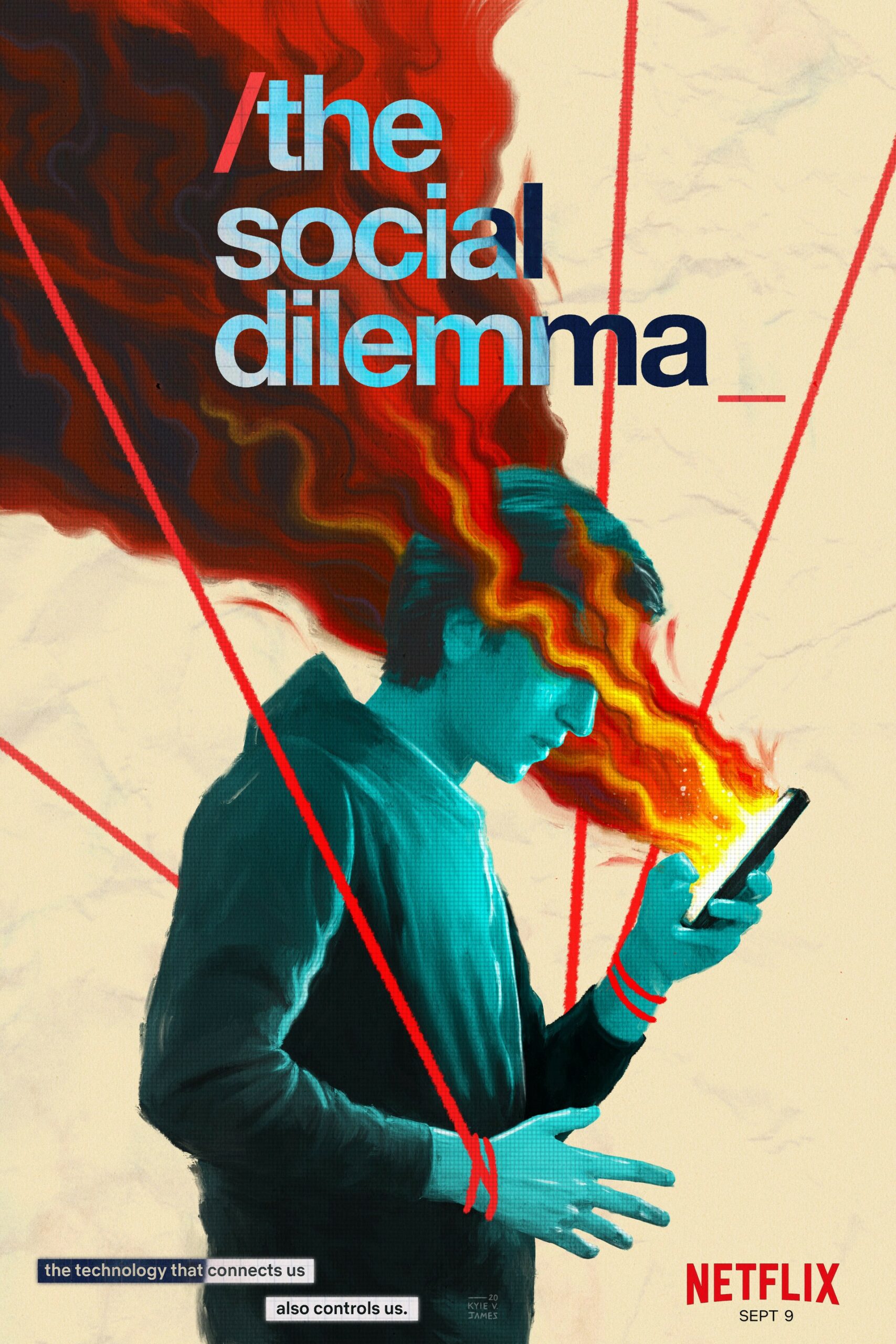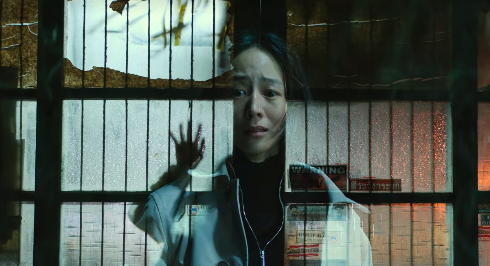With nearly half of the world’s population on social media, social media has done an excellent job connecting everyone. However, the documentary film The Social Dilemma provides a counterpoint – has social media been doing more harm rather than good to society?
Directed by Jeff Orlowski, Davis Coombe and Vickie Curtis, the film explores the rise of social media and how it has damaged society. The Social Dilemma first premiered at the 2020 Sundance Film Festival and was subsequently released on Netflix on Sep 9, 2020.
Topics highlighted in the docudrama include personal data protection, addiction, and mental health.
It features several prominent figures in the tech industry such as former Google design ethicist, Tristan Harris, co-creator of the Facebook “like” button, Justin Rosenstein, and former director of monetization at Facebook, Tim Kendall.
The Social Dilemma was well received and had an 87 percent approval rating on Rotten Tomatoes and 7.7 out of 10 on IMDb. The film has sparked a conversation on how social media can be more ethical. However, platforms such as Facebook have criticised the show for giving a distorted point of view.
The film begins with the interviewees introducing themselves and their perceptions on the various problems within the tech industry. Former Google design ethicist, Tristan Harris, talks about his experience working on Gmail. He felt addicted to email and wondered why no one was making it less addictive. So, he created a presentation and sent it out to his closest colleagues. The presentation spread like wildfire and eventually reached the CEO of Google, Larry Page. Tristan hoped that things would turn around. Unfortunately, nothing happened.
The business behind social media
The film talks about how tech companies are monetizing their platforms even though we are using them for free. They are raking in millions of dollars every year by selling our attention to advertisers.
Social media platforms have been inconspicuously engineered to capture our attention by incorporating human psychology and coupling it with technology that can present you with a deeply personalized feed. Once they have your attention, it is then sold to advertisers to further make use of.
When confronted with this truth, I was not that shocked. Whenever I am on social media, I am constantly looking at advertisements in between posts, all of them related to my interests. I have to admit, I was influenced to buy a product or two from these ads. This really got me thinking about how effective this business model is on its users.
Gen Z’s downward spiral
The film then moves on to how social media has affected Gen Z. It cites how there is an increased rate of self-harm and suicide – especially among pre-teen girls. Some of the many issues faced by Gen Z online include cyberbullying and body dysmorphia.
“We’re training and conditioning a whole new generation of people… that when we are uncomfortable or lonely or uncertain or afraid, we have a digital pacifier for ourselves that is kind of atrophying our own ability to deal with that,” Harris adds on.
I wholeheartedly agree with this point. Personally, I feel that being on social media has affected my self-esteem in so many ways, especially in the way I look. There is a lot of pressure from society to look or act a certain way and it is not very healthy for us, both physically and mentally.
The rise of fake news
Another point which was covered was fake news and its effect on the masses.
“We’ve created a system that biases towards false information. Not because we want to, but because false information makes the companies more money than the truth. The truth is boring,” says Harris. “It’s a disinformation-for-profit business model. You make more money when you allow unregulated messages to reach anyone for the best price.”
If left unchecked, fake news can affect reality. One example emerged during the Covid-19 pandemic when many refused to wear masks due to misinformation claiming that masks increase the risk of getting sick.
With the rise of fake news, I think it is extremely important for readers to not instantly believe whatever we see online and to verify the information before sharing it. This can help us to be more aware of the truth and to stay safe.
The final verdict
After watching The Social Dilemma, I agree that despite the good things that have come out of social media, there is also a dark side to look out for. The film has provided insight into the dangers social media can do if left unchecked. It made me reconsider my online habits and what I can do to improve them.
How about you? What can you do to make social media a better place?
Rating: 5/5
Sources:
Al-Heeti, A. (2020, October 02). Facebook says Netflix’s The Social Dilemma ‘gives a distorted view’. Retrieved October 17, 2020, from https://www.cnet.com/news/facebook-says-netflixs-the-social-dilemma-gives-a-distorted-view/
Menon, N. (2020, September 24). What “The Social Dilemma” Means for Startups. Retrieved October 17, 2020, from https://medium.com/better-marketing/what-the-social-dilemma-means-for-startups-92c74a1bde64
Naughton, J. (2020, September 19). The Social Dilemma: A wake-up call for a world drunk on dopamine? | John Naughton. Retrieved October 17, 2020, from https://www.theguardian.com/commentisfree/2020/sep/19/the-social-dilemma-a-wake-up-call-for-a-world-drunk-on-dopamine
Orlowski, J., Coombe, D., & V. C. (2020, September 09). The Social Dilemma. Retrieved October 17, 2020, from https://www.netflix.com/sg/title/81254224
Reply, S. (2020, October 04). THE SOCIAL DILEMMA (2020) – TRANSCRIPT. Retrieved October 18, 2020, fromhttps://scrapsfromtheloft.com/2020/10/03/the-social-dilemma-movie-transcript/
The Social Dilemma. (2020, October 14). Retrieved October 17, 2020, from https://en.wikipedia.org/wiki/The_Social_Dilemma






